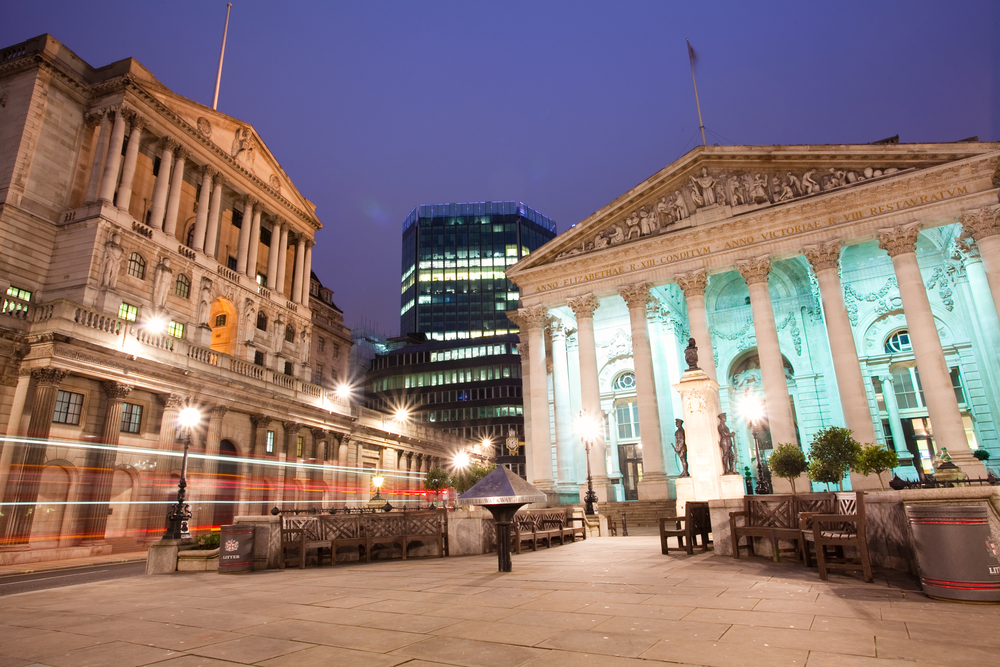 As widely expected, the Bank of England decided to keep interest rates on hold at 0.25%, but warned of a drop in living standards if the squeeze on wages continues.
As widely expected, the Bank of England decided to keep interest rates on hold at 0.25%, but warned of a drop in living standards if the squeeze on wages continues.
The nine members of the Bank’s Monetary Policy Committee voted unanimously to keep interest rates at the record low of 0.25%.
The Committee also voted to maintain corporate bond purchases at £10 billion and UK government bond purchases at £435 billion.
The Bank slashed its prediction for average wage growth to 2%, significantly down from February’s estimate of 3%.
Mark Carney, governor of the Bank of England, said inflation would continue to rise throughout 2017 following a fall in the pound after the Brexit vote.
“Wage growth has been soft in recent years despite strong employment growth. Weakness in productivity growth and a continuing drag from slack have contributed to this softness, but they cannot explain its full extent. Uncertainty of companies about the outlook may also have made them unwilling to raise wages at a faster pace until they have more clarity about future costs and market access,” Carney said.
Inflation is now predicted to peak at just below 3% in December, rather than at 2.8% in the early months of 2018.
The Bank said that the UK will enjoy solid growth if the exit from the EU goes smoothly.
“The MPC’s projections continue to be conditioned on a smooth transition to an average of possible outcomes for the UK’s post-Brexit trading arrangements,” Carney said.
The Bank of England has trimmed its 2017 GDP growth forecast from 2.0% to 1.9%, and slightly lifted the projection for 2018 and 2019 to 1.7% and 1.8%, respectively.
The minutes of the meeting said: “On the whole, the Committee judges that, if the economy follows a path broadly consistent with the May central projection, then monetary policy could need to be tightened by a somewhat greater extent over the forecast period than the very gently rising path implied by the market yield curve underlying the May projections.”
Howard Archer, chief economist at IHS Global Insight, said: “We hold the view that the Bank of England is being too optimistic on the UK growth outlook. Even if there is eventually a smooth Brexit process – which is obviously questionable – we suspect that the twists and turns in getting there will cause serious uncertainties that hamper business investment and very possibly willingness to employ.
“We also suspect that consumer spending will be weaker for longer than the Bank of England expects. This reflects our belief that the labour market will not be as tight as the Bank of England expects going forward and that wage growth will not pick up to the extent that they anticipate.”
What Mortgage has teamed up with London & Country to offer you expert advice on the right mortgage deal.
Whether you’re buying a new home, remortgaging to a new deal or buying an investment property, L&C can help – and you’ll pay no fee for their advice. To find out more, click here.




